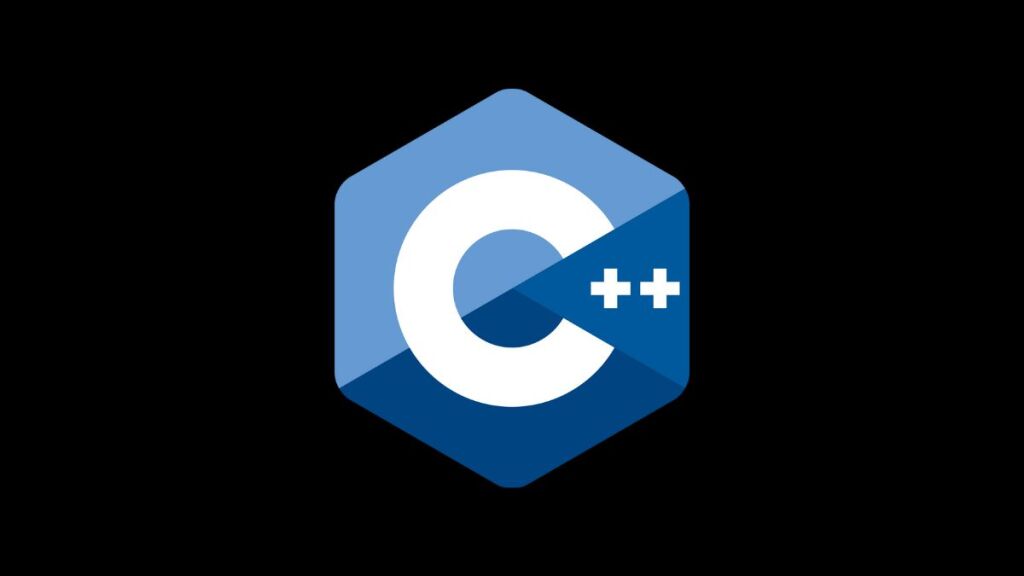If you are a developer working in C or C++, coming across the “stack smashing detected” error can be a challenging experience. This error is not just a simple bug that you can fix, but also a warning sign of a potential security vulnerability in your code. It indicates that your program has overflowed its stack buffer, which could overwrite essential control information. This opens the door to exploits such as code injection attacks. Therefore, it is crucial to understand the causes of this error, how to prevent it, and how to fix it in order to develop secure and stable applications. This article will delve into the mechanics behind stack smashing, its implications, and strategies for resolution.
What is Stack Smashing?
Stack smashing occurs when a program writes more data to a buffer located on the stack than it can hold, leading to the corruption of adjacent memory. The stack is a critical region of memory that stores local variables, function parameters, return addresses, and control data for managing function calls and returns. Overwriting this control data can cause erratic program behavior, crashes, or security vulnerabilities.
The “stack smashing detected” error is typically triggered by built-in protections in modern compilers like GCC, which implement stack canaries or similar mechanisms to detect when a buffer overflow has overwritten return addresses and other critical stack information.
Causes of Stack Smashing
The root cause of stack smashing is often a buffer overflow, where the program attempts to store more data in a buffer (usually an array) than it was allocated to hold. Common scenarios include:
- Not checking input data size before copying or storing it in a buffer.
- Incorrect calculations or assumptions about the size needed for a buffer.
- Off-by-one errors, where a loop writes one more element than the buffer can accommodate.
Preventing Stack Smashing
Preventing stack smashing requires careful attention to how your program handles memory, especially when dealing with user input or data from untrusted sources. Here are some strategies:
Use Safer Functions
Use functions that limit the amount of data written to buffers and require you to specify the buffer size. For example, prefer strncpy() over strcpy(), and snprintf() over sprintf(). Even better, consider using higher-level languages or libraries that manage memory more safely than C and C++ do natively.
Validate Input Sizes
Always check the size of input data before processing it. If you’re reading user input or data from a file, ensure it won’t overflow your buffers before storing it.
Employ Compiler Protections
Modern compilers offer built-in features to help detect and mitigate buffer overflows and other memory issues. For GCC and Clang, options like -fstack-protector enable stack canaries, and -D_FORTIFY_SOURCE=2 can provide additional checks for buffer overflows. Use these features to add an extra layer of protection to your code.
Conduct Regular Code Reviews and Testing
Regularly review your code for potential buffer overflow vulnerabilities, especially in parts of the code that handle external data. Automated tools can help identify security flaws, but manual code review by experienced developers is also invaluable. Additionally, employ rigorous testing, including fuzz testing, to uncover vulnerabilities that static analysis might miss.
Fixing Stack Smashing Issues
When you encounter a “stack smashing detected” error, the immediate task is to identify the source of the buffer overflow. Debugging tools like gdb can help you pinpoint where the overflow occurs. Look for functions that write to arrays or buffers and verify that they do not exceed the allocated size. Once identified, refactor the code to ensure it properly checks and limits the amount of data written to buffers.
Remember, fixing the specific instance of stack smashing is important, but reviewing related code for similar vulnerabilities is also crucial. Often, one buffer overflow indicates a pattern of unsafe memory handling that needs to be addressed throughout the application.
Conclusion
The error message “stack smashing detected” indicates that your C or C++ application has serious security and stability issues that require immediate attention. To prevent, detect, and fix buffer overflows, you need to understand the causes of this error and use strategies to enhance the security and reliability of your applications. To safeguard your code against stack smashing and other vulnerabilities, embrace secure coding practices, leverage compiler protections, and conduct thorough testing.
- Car Dealership Tycoon Codes: Free Cash for March 2024 - April 9, 2024
- World Solver - April 9, 2024
- Roblox Game Trello Board Links & Social Links (Discord, YT, Twitter (X)) - April 9, 2024

